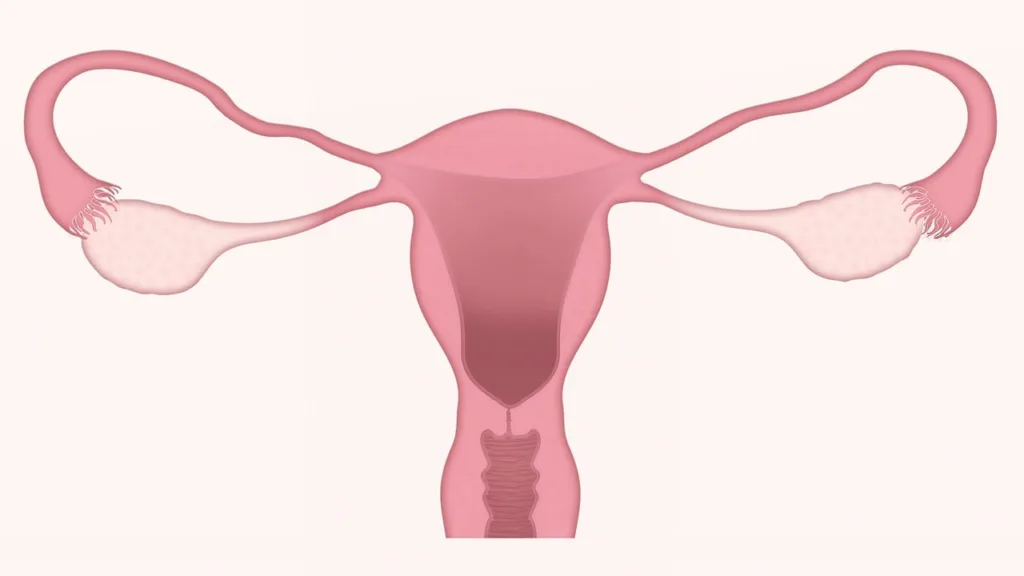The root “hyster” comes from the Greek word “hystera,” which means uterus or womb. This root is commonly used in medical terminology to refer to conditions and procedures related to the female reproductive system.
One of the oldest known medical texts, the Kahun Papyrus, which dates back to around 1900 BC, attributes the condition of hysteria to the displacement or starvation of the uterus. This theory was later repeated by prominent medical figures such as Hippocrates, Plato, Celsus, Arataeus, and Soranus.
Over time, the term hysteria has been used to refer to a range of symptoms, including anxiety, depression, and physical manifestations such as paralysis and seizures. In the 19th century, hysteria was considered a common diagnosis for women, and it was believed to be caused by the suppression of sexual desires and emotions.
The word “hysterectomy” is also derived from the root “hyster.” A hysterectomy is a surgical procedure in which the uterus is removed. This procedure may be performed for a variety of reasons, including the treatment of uterine cancer, fibroids, and other conditions that affect the uterus.
Other medical terms that use the root “hyster” include endometriosis, which is a condition in which the tissue that nrmally lines the uterus grows outside of it, and hysteroscopy, which is a procedure that allows doctors to examine the inside of the uterus using a thin, lighted tube.
The root “hyster” has a long history in medical terminology and is commonly used to refer to conditions and procedures related to the female reproductive system. Understanding the origins of this root can help patients better understand their medical conditions and the treatments that are available to them.
What Does Hysteria Mean In Greek?
Hysteria is a term derived from the Greek word “hystera”, which translates to uterus in English. The term was initially used to descrie a medical condition that was believed to be caused by the displacement or starvation of the uterus. This theory was prevalent in early medical writings, including the Kahun papyrus, which dates back to around 1900 BC. The concept of hysteria was further elaborated by notable Greek physicians such as Hippocrates, Plato, Celsus, Arataeus, and Soranus, who all attributed the condition to the uterus. However, over time, the understanding of hysteria has evolved, and it is now recognized as a complex mental health disorder that can affect both men and women.

What Is The Origin Of The Word Hysterectomy?
The word hysterectomy has its roots in Ancient Greek. Specifically, it comes from the combination of two Greek words: ῠ̔στέρᾱ (hustérā), which means “womb,” and ἐκτομία (ektomía), which means “a cutting out of.” Thus, a literal translation of hysterectomy would be “a cutting out of the womb.” The term was likely coined to describe the surgical procedure of removing a woman’s uterus, which has been practiced for centuries as a treatment for various medical conditions. Today, hysterectomy is a common surgical procedure performed around the world, and the term has become a well-known medical term in many languages.
What Is The Prefix And Suffix Of Hysterectomy?
The prefix of hysterectomy is “hystero-“, which refers to the uterus. The suffix of hysterectomy is “-ectomy”, which means the surgical removal of a specified part of the body. Therefore, hysterectomy means the surgical removal of the uterus.
Conclusion
The root word hyster comes from the Greek word hystera, meaning uterus or womb. This root has been used for centuries in the medical field to describe various conditions related to the female reproductive system, especially hysteria. The term hysteria was used to describe a variety of symptoms including anxiety, irritability, and emotional excess, which were believed to be caused by the displacement of the uterus. While our understanding of the female reproductive system has evolved over the years, the term hysterectomy, which refers to the surgical removal of the uterus, is still widely used today. Understanding the root hyster and its historical significance can help us apprciate the rich history and evolution of medical terminology.
